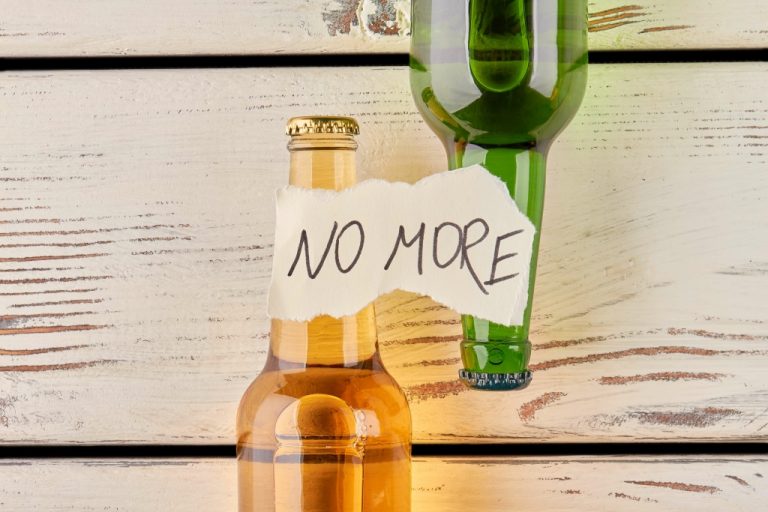Abstinence vs Drinking in Moderation
21 Şubat 2024By Ilse Thompson and Stanton Peele, Moderate Drinking Made Easy Workbook By Donna Cornett. Welcome to Grateful Truce, a discerning guide to moderation, faith, and recovery. Here, we’ll explore the life, hard-won lessons, and insights shared by author Chris Mosser.
- One example of a harm reduction program is Moderation Management (MM), which offers guidelines and support for those seeking to moderate their alcohol consumption.
- Ultimately, the decision to embrace abstinence should be based on a careful evaluation of your individual circumstances, needs, and readiness for change.
- Have found myself stuck in the dilemma of whether to allow myself a few drinks a month or stick to total sobriety.
- Of those who were engaged in non-problem drinking a year after the study began, only 48% reported non-problem drinking or abstinence at later follow-ups.
Reducing or Quitting Drinking? An Extensive Review of Health Benefits
We look at each program on a case-by-case basis to cater to your needs to get better and walk towards recovery. From detoxification programs to group meetings and more, everyone in our team is committed to helping you win the struggle with addiction. When someone struggles with drinking, they often have to decide how to make a change. Many people choose to quit drinking entirely, but others look into a different option called moderation management.
One Glass a Day? The Impact of Low Volume Drinking on Mortality Risk

Without strong support systems like therapy, counseling, or support groups (such as AA), individuals may find it harder to maintain moderation. Having a network of people who understand and support their journey can make all the difference. These emerging perspectives suggest that while moderation management may not be suitable for everyone with AUD, it can be a viable option for some, providing a more personalized approach to recovery. While it is legal for adults, it can still be dangerous, and many people do become dependent on this substance. Programs like our alcohol use treatment in Ohio that help people quit drinking altogether can be helpful, but there are plenty of different theories on the subject. The internet is full of misinformation about the risks of alcohol intake.
Abstinence-Based Treatment

Support groups based on sobriety, like Alcoholics Anonymous (AA), find success through fellowship. AA works on social interaction where members give each other emotional support and practical tips to refrain from drinking. Research even suggests that fellowship can help more people achieve sobriety than therapy. This is because not only is it beneficial to be surrounded by Drug rehabilitation those who share a similar goal to you, but it can also be validating to witness others’ struggles that mirror your own.
- There is a feeling of freedom that results from this commitment where one does not feel hopeless or without choices.
- This concept is about finding a balance where alcohol can be enjoyed in a controlled, responsible manner without negative impacts such as impaired judgment, health issues, or dependence.
- My son and I began to talk about my not drinking for so long and no longer being in AA.
- These groups offer a safe space for you to share your experiences, learn from others, and stay accountable to your goals.
With dedication, perseverance, and the right support, you can navigate the complexities of addiction recovery and emerge stronger, more moderation vs abstinence resilient, and ready to embrace a brighter future. There is no “one size fits all” approach to changing your relationship with alcohol, and all pathways are unique. One person may start out with a moderation goal and later decide that a sober lifestyle more closely supports their aspirations and wellness. Another individual may pursue sobriety and later decide that they want to try to drink in moderation once they’ve clarified their boundaries. Total abstinence is not the only option when changing your relationship with alcohol.
Depression, anxiety, and mental health
You can see the editorial team and Editor-in-Chief John J. Miller, MD, in Booth #1417, or in sessions, covering the latest https://ecosoberhouse.com/ updates in psychiatric care. The Big Book of Alcoholics Anonymous (the main piece of literature utilized by 12-step fellowships across the globe) states three main types of drinkers. I offer one-on-one virtual addiction counselling to clients in the US and Canada. Possibly, but one will benefit from being on guard for them, as they can reappear years later. Be ever vigilant, but ever hopeful and know that you can control your outcome; the choice is yours.